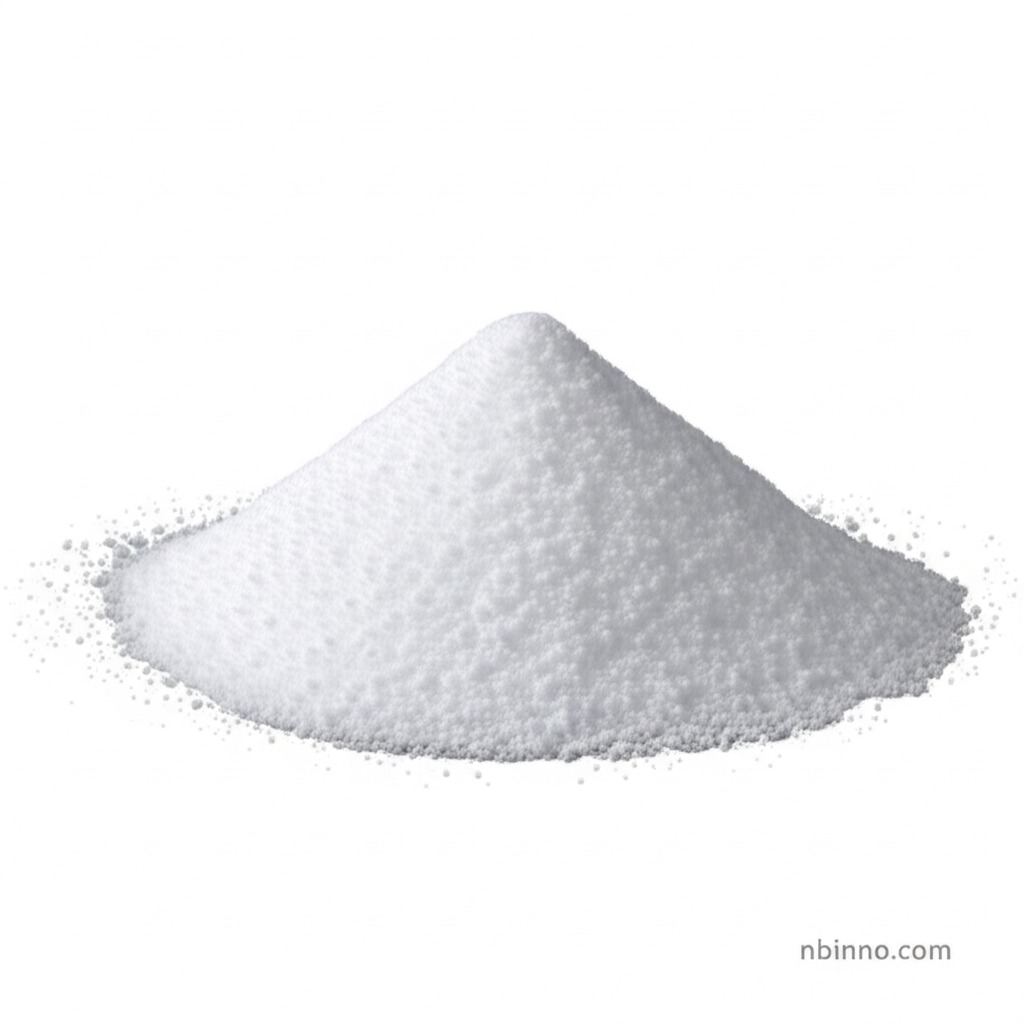DL-Mevalonolactone: A Versatile Ingredient for Biosynthesis and Cosmetics
Discover the crucial role of DL-Mevalonolactone in biological pathways and its application in advanced cosmetic formulations.
Get a Quote & SampleProduct Core Value

DL-Mevalonolactone
DL-Mevalonolactone, identified by CAS 674-26-0, is a vital delta-lactone derivative of mevalonic acid. It functions as a key precursor in the mevalonate pathway, fundamental for the biosynthesis of essential compounds such as terpenes and sterols. This makes it highly valuable for in-depth biochemical research and the development of new therapeutic agents.
- Explore the use of DL-Mevalonolactone in cosmetic grade applications, harnessing its potential for anti-aging and moisturizing properties.
- Understand its role as a pharmaceutical intermediate, contributing to the synthesis of drugs targeting lipid metabolism and cardiovascular health.
- Leverage DL-Mevalonolactone as a tool in biochemical research to analyze isoprenoid biosynthesis pathways and study the effects of statins.
- Benefit from its application in biotechnology for the potential production of biofuels and bioplastics, supporting sustainable practices.
Key Advantages
Enhanced Skin Health
The anti-aging and moisturizing effects of DL-Mevalonolactone make it a sought-after cosmetic ingredient, contributing to healthier, more youthful-looking skin as a skin conditioner.
Pharmaceutical Utility
As a pharmaceutical intermediate, DL-Mevalonolactone supports the development of treatments for metabolic disorders, particularly those related to cholesterol, thereby aiding in cardiovascular disease management.
Research Versatility
Its well-defined role in metabolic pathways and chemical reactivity make DL-Mevalonolactone an indispensable compound for researchers studying biosynthesis and drug efficacy, facilitating the analysis of complex biological processes.
Key Applications
Cosmetic Formulations
Utilized for its skin conditioning, moisturizing, and anti-aging properties, enhancing the efficacy of skincare products and contributing to overall skin health.
Pharmaceutical Development
Serves as a crucial intermediate in the synthesis of various drugs, especially those aimed at regulating cholesterol levels and treating cardiovascular-related conditions.
Biochemical Research
Essential for studying metabolic pathways, including isoprenoid biosynthesis, and understanding the mechanisms of action for various pharmacological agents.
Biotechnology
Shows potential as a building block in the development of sustainable materials like biofuels and bioplastics, aligning with green chemistry principles.
